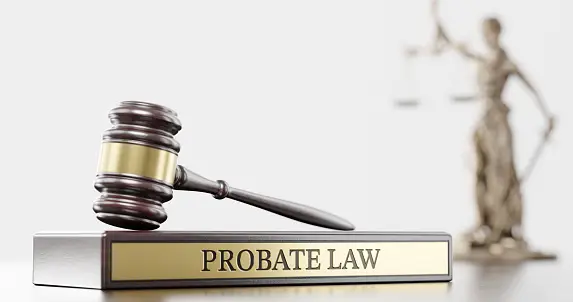Understanding Probate Law: An Overview
Probate law governs the legal process through which a deceased person's estate is administered and distributed. This process is essential for ensuring that debts are settled and assets are allocated according to the deceased's wishes, typically outlined in a will.
In Texas, the probate process can vary significantly based on whether the deceased left a will or died intestate (without a will). Understanding the nuances of probate law can help individuals navigate this complex system, ensuring that their rights and interests are protected during estate administration.
Common Probate Misconceptions
Many people hold misconceptions about probate, often believing it is a lengthy and overly complicated process. In reality, while probate can be intricate, understanding the steps involved can demystify the experience and streamline the process.
For instance, some may think that all estates must go through probate, but certain small estates in Texas may qualify for simplified procedures, avoiding the lengthy court processes. Clarifying these misconceptions can empower individuals to make informed decisions regarding estate planning and probate.
Benefits of Estate Planning to Avoid Probate
Effective estate planning can significantly reduce the likelihood of a lengthy probate process, providing peace of mind for both the individual and their heirs. By establishing trusts or utilizing other strategies, individuals can ensure their assets are transferred smoothly and efficiently after their passing.
For example, creating a revocable living trust allows individuals to manage their assets during their lifetime and designate how they should be distributed upon death without going through probate. This not only saves time but can also reduce legal fees and maintain privacy for the family.
Steps to Create an Effective Estate Plan
Creating an effective estate plan involves several key steps, beginning with assessing your assets and determining your wishes for their distribution. Engaging in discussions with family members about your plans can also help clarify intentions and mitigate potential disputes.
Additionally, consulting with an experienced estate planning attorney can provide valuable insights into the legal requirements and strategies available in Texas, ensuring that your estate plan is comprehensive and tailored to your specific needs.








